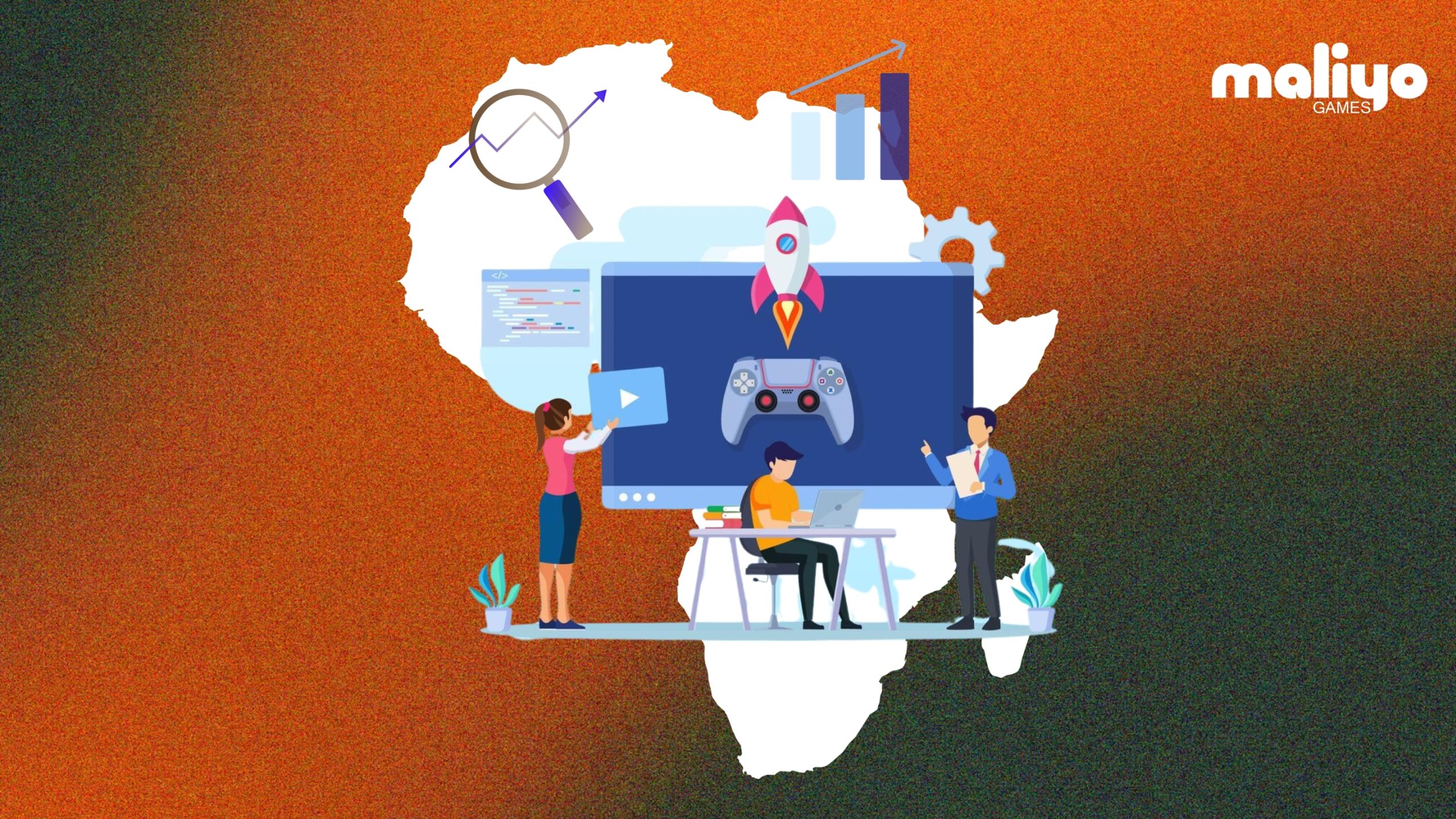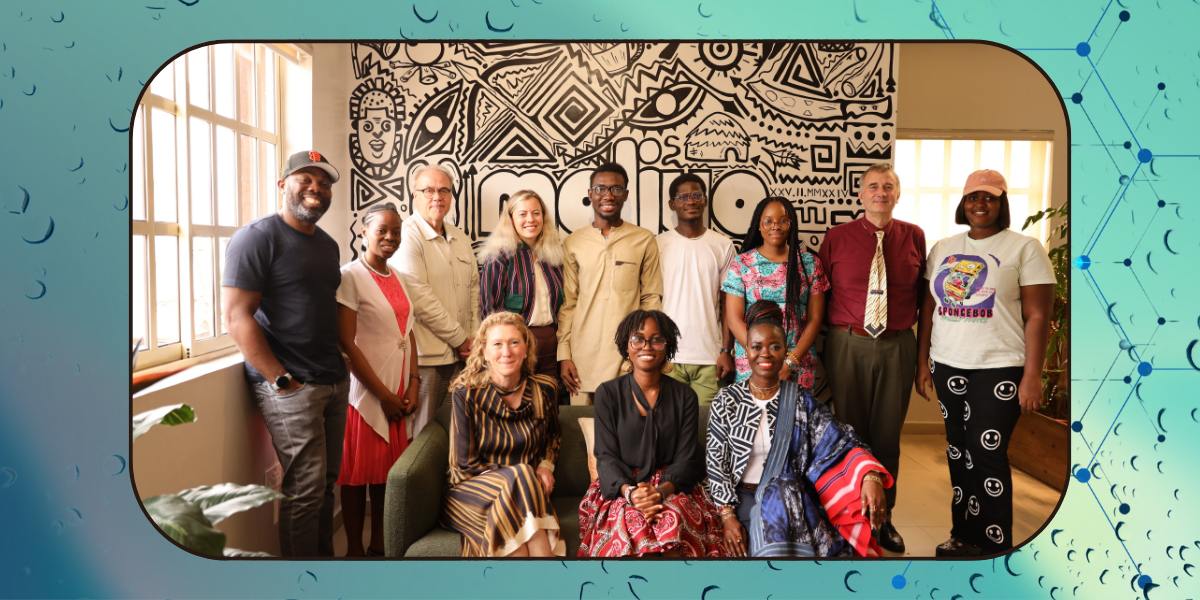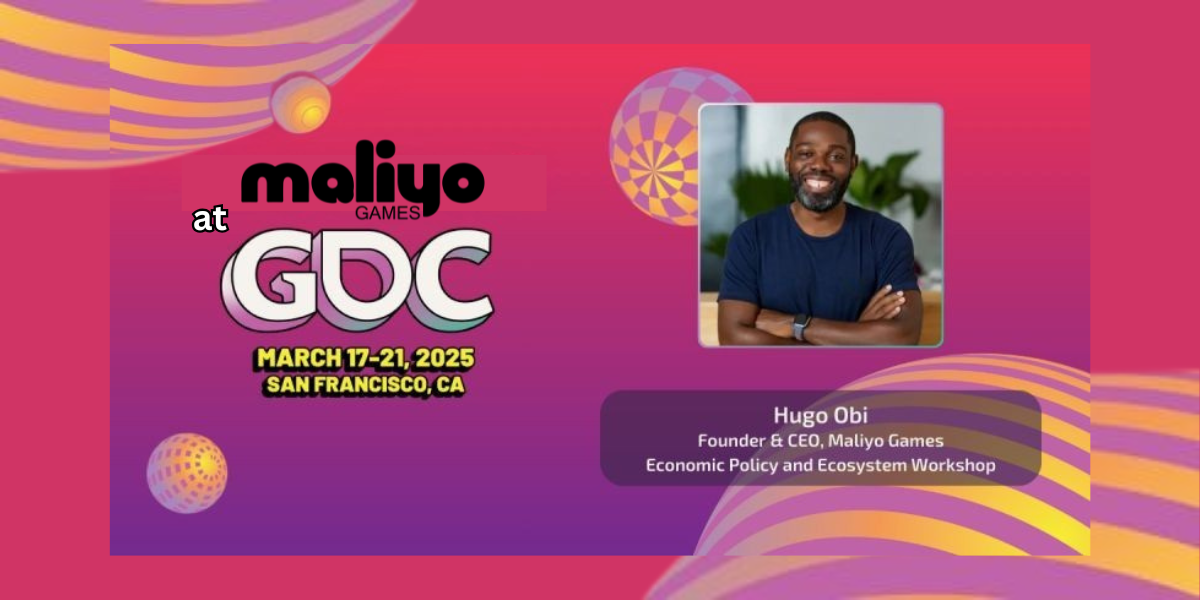The African game development ecosystem is a rapidly evolving landscape that holds immense potential for growth and innovation. As the global video game industry continues to expand, Africa has emerged as a region with unique challenges and opportunities for game developers. In the first part of this blog series, we will explore the various challenges faced by African game developers.
Our second part of the series will explore the exciting opportunities that lie ahead for those willing to navigate this dynamic ecosystem.
Challenges in African Game Development
1. Limited Access to Resources:
One of the most significant challenges facing African game developers is the limited access to resources.
This includes access to funding, modern technology, and educational resources. Many African countries lack the infrastructure needed to support game development studios, making it difficult for aspiring developers to create high-quality games.
2. Lack of Visibility:
African game developers often struggle to gain visibility on the global stage. The industry is dominated by major players from North America, Europe, and Asia, which can make it challenging for African developers to compete and gain recognition for their work.
3. Educational Gaps:
The education and training opportunities for game developers in Africa are often inadequate. There is still a shortage of specialized game development programs and institutions in many African countries, leading to a lack of skilled talent in the industry.
We are proud to state that this is a problem Maliyo Games has identified and has been working to solve through our training programmes under the GameUp Africa initiative.
4. Monetization and Distribution:
Monetizing games and distributing them to a global audience can be a challenge for African developers. Payment systems, distribution platforms, and marketing channels may not be as accessible or well-developed compared to other regions.
5. Cultural and Content Localization:
Developing games that resonate with a diverse African audience, which speaks numerous languages and represents various cultures, is a complex task. African developers must invest in localizing their content to appeal to different markets within the continent.
Thankfully, the continent has seen a rise in game studios over the last few years that have a goal of creating mobile and video games that tell African history.
Maliyo Games has been one of the studios as we look to build and publish more mobile games that the African audience can resonate with. Some of our games include include Whot King and Aboki Run among others that truly integrate the various aspects of everyday African life.




